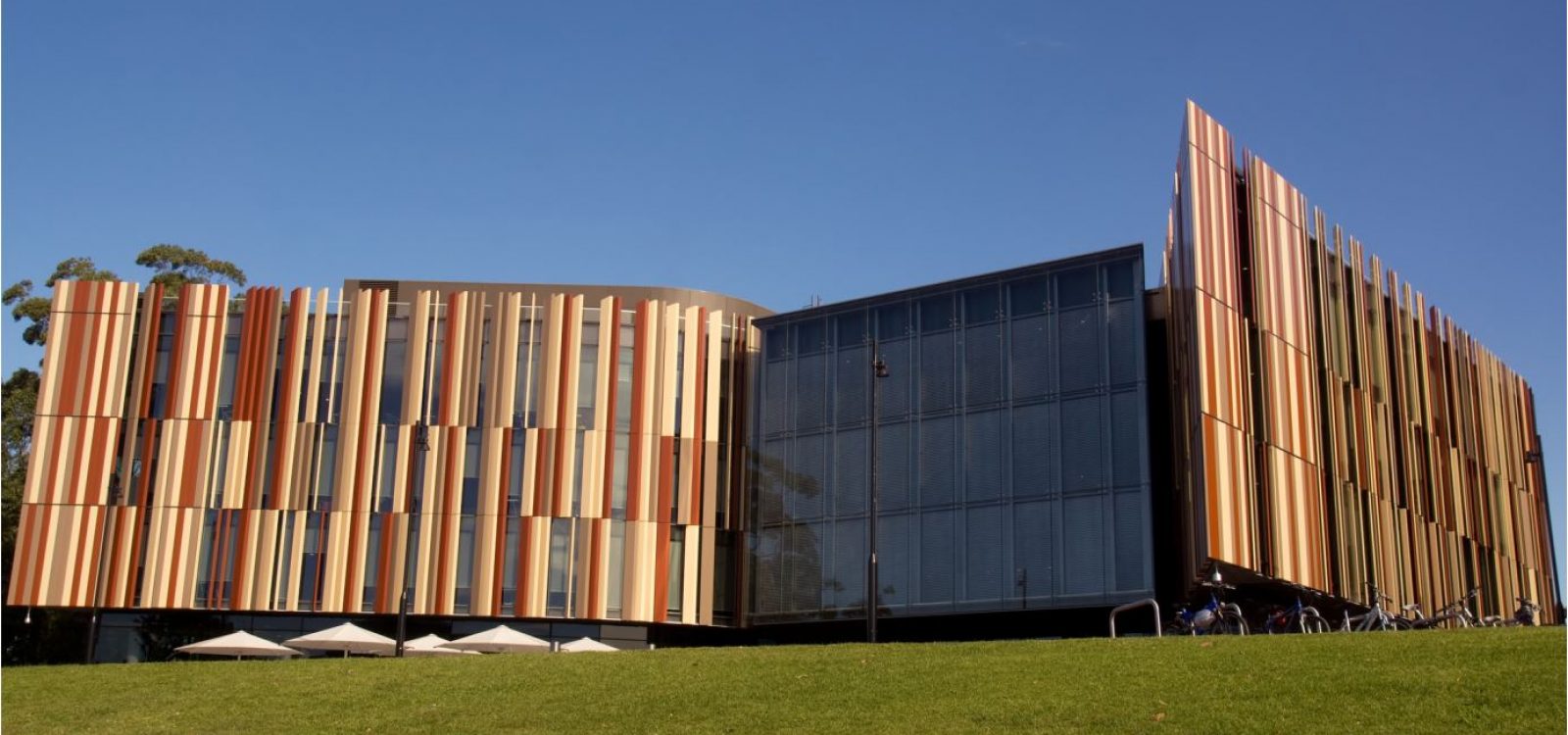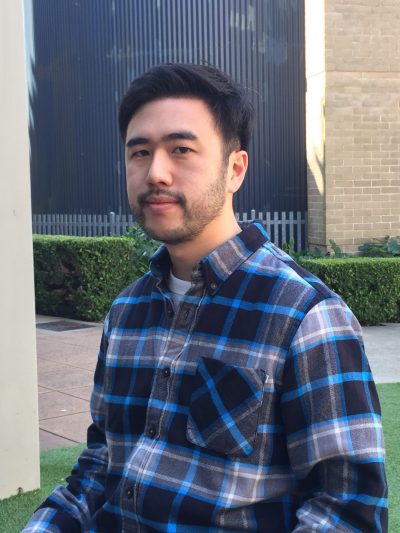
From actuary to PhD
Actuaries Digital Student Editor Lucky Joeng is on a mission to showcase actuaries in the research field. He recently caught up with Kyu Hyung Park, actuarial student and PhD candidate at the Macquarie University Centre for the Health Economy (MUCHE).
Kyu Hyung Park describes himself as a dedicated husband, father of three kids, researcher and many other things. But his journey into actuarial studies is not your typical one.

“The first time I heard about actuary was when I applied for an ‘actuarial analyst’ position and made it to the interview stage. I didn’t make the cut…but I was impressed by the interviewer enough that I decided to find out more about actuaries,” says Kyu.
“My undergraduate degree was in finance and maths. I later did a Masters in Quantitative Finance at Sydney and then Master of Research at Macquarie University.
“My Masters research was to identify factors associated with duration of claims due to psychological injuries and develop a triage model for claims.”
Kyu thoroughly enjoyed both degrees and wanted to apply the skills he’d learned to the ‘real world’. So now, Kyu is tackling a PhD and completing the Fellowship Program (Part III) to become an actuary.
“Health Economics was thought to be a good combination of health and what I’ve done – actuarial studies,” says Kyu, adding that he has several family members who are health professionals.
He did Part I (of the IFoA exams) externally while working and did Part II as part of his Masters.
Imagine completing a PhD, while simultaneously taking actuarial exams? Some people just love a challenge! Reminds me of Actuary turned Doctor, Raymond Yeow, who featured in these interesting articles.
Kyu’s PhD is tackling the question: “Will analysis of patterns of medication consumption over time help to save valuable healthcare resources?”
This is a new topic, but the skills and techniques learned through his Masters, like machine learning, are valuable in this project.
Actuarial studies also enhance his abilities to contribute to the health care system through research. For example he learned about the actuarial control cycle during part II of actuarial studies, which is the kind of skills essential for researchers because a well organised research project involves:
- Setting research questions (defining problems to solve)
- Propose research methodology (design solutions)
- Perform analyses and draw conclusions/implications (monitor the results)
To answer his PhD question, Kyu is using Australian public health data and applying machine learning techniques to answer queries such as:
- Can patients’ adherence to medication be better summarised by typical patterns of medication consumption over time than by the conventional measure (amounts of medication taken)?
- Are patterns of medication consumption related to patient characteristics, health outcome and healthcare resource utilisation?
Balancing life and a PhD
I had a sneaking suspicion that a typical day as a PhD student might just see Kyu reading journal papers. But not so, he assured me.
“Every day is different,” says Kyu. As your research is your own, you must call and send emails to collect your own data. I teach too, so I answer questions through emails and run classes during the day. And of course, take care of my family, especially the kids!”
Kyu also has flexible work arrangements to help organise his commitments as a husband, father and PhD researcher.
Because a research degree is not course based, I was also interested to know how they grade it.
“It depends… there are different ways to finish your PhD, the typical way is to submit a thesis (also known as dissertation), but I am going ‘by publication’ route,” says Kyu, which means instead of writing ~100,000 words thesis, students can publish their research findings.
Many research publications are highly regarded and so going this route can help secure students’ funding and build their career.
Kyu’s top tips for people thinking of doing a PhD:
- It prepares you to be an independent researcher, so find a topic you are excited about!
- As PhD prepares you to be an academic, you should love teaching and studying new things.
Kyu is working on several papers, so stay tuned!
Centre for the Health Economy
You can look for research from Macquarie University Centre for the Health Economy (MUCHE) here.
The Centre’s research focuses on system wide functions, such as competition, workforce, funding models, and performance frameworks within health and human services sectors, in areas including:
- Integrated care
- Mental health care
- Health technology
- Aged care
- Disability care
Several speakers from the MUCHE and Macquarie University’s Centre for Health Informatics spoke at our recent Future of Health Seminar in Melbourne. Presentations will be available on the website soon.
Find out more about actuaries work in health through our Health Practice Committee, Heath Editor Zach Tirrell, or get in touch with me, Lucky, if you’re an actuary in research!
Authors note: We thank Maggie Lee, Senior Lecturer in Actuarial Studies at Macquarie University for the help in making this interview possible
CPD: Actuaries Institute Members can claim two CPD points for every hour of reading articles on Actuaries Digital.






